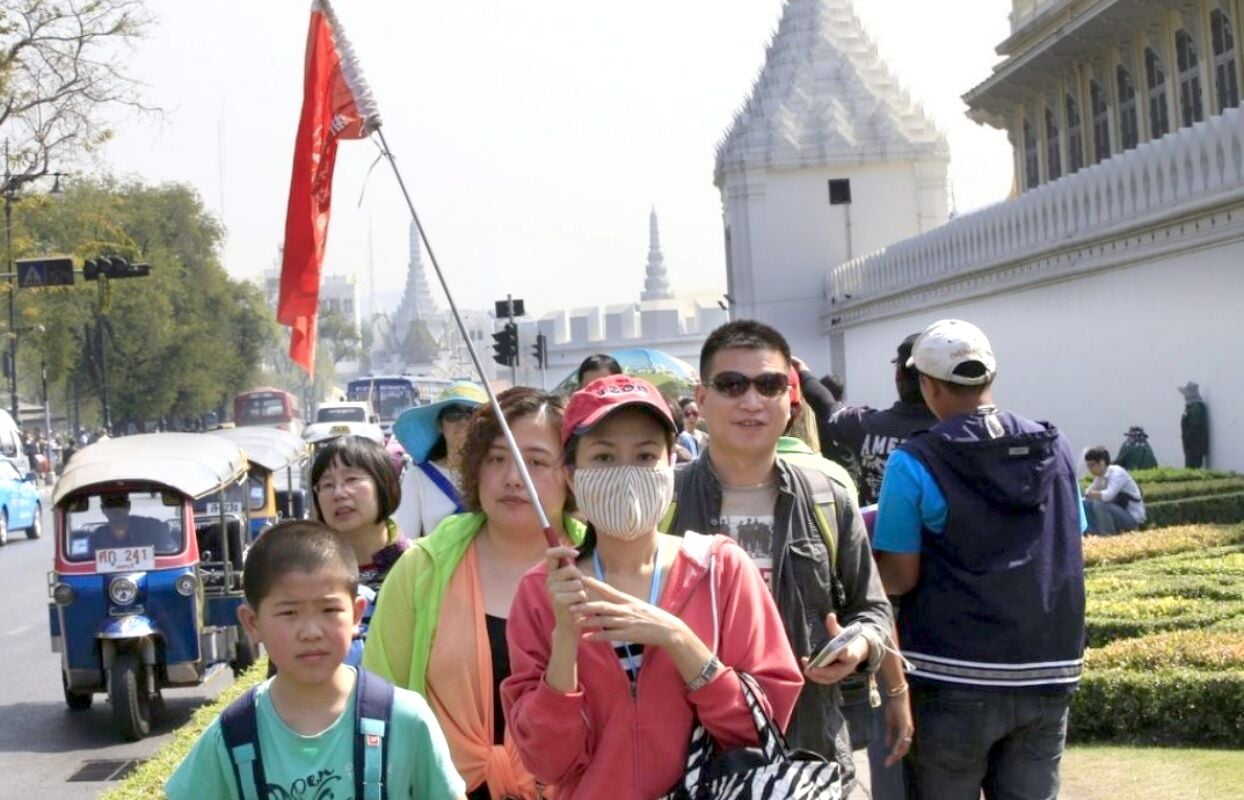Tours for seniors traveling alone are experiencing a surge in popularity, offering a unique blend of independence and support. These specialized tours cater to the specific needs and desires of older adults venturing out on their own, addressing concerns about safety, accessibility, and social interaction. From guided group excursions to curated independent itineraries, options abound for those seeking enriching travel experiences without compromising comfort or security.
This comprehensive guide delves into the various aspects of planning and executing a successful solo trip for seniors, covering everything from choosing the right tour operator and understanding safety protocols to managing finances and maintaining well-being. We explore diverse tour types, highlight essential pre-trip preparations, and offer practical advice for navigating potential challenges, ensuring a smooth and memorable journey.
Health and Wellness Aspects: Tours For Seniors Traveling Alone
Planning a solo trip as a senior requires careful consideration of health and wellness. Maintaining physical and mental well-being while navigating a new environment is crucial for a safe and enjoyable experience. This section details essential preparations and strategies to ensure a healthy and fulfilling journey.
Medication Management for Solo Travelers, Tours for seniors traveling alone
Proper medication management is paramount for seniors traveling alone. Before departure, create a detailed list of all medications, including dosages, frequency, and potential side effects. Carry sufficient medication in its original containers, accompanied by prescriptions and doctor’s notes, particularly when traveling internationally. Consider packing medications in a readily accessible carry-on bag to avoid potential loss or delays with checked luggage.
Furthermore, familiarize yourself with the local regulations regarding medication import and carry a copy of your medical history. For extended trips, arrange for medication refills in advance or research pharmacy options at your destination. A well-organized medication system, including a pill organizer, can simplify the process and prevent missed doses.
Health Insurance and Emergency Preparedness
Comprehensive travel health insurance is non-negotiable for senior solo travelers. This insurance should cover medical emergencies, hospitalizations, evacuations, and repatriation. Ensure your policy adequately covers the duration and destinations of your trip. Before departure, obtain a list of in-network providers or emergency contacts in your travel destinations. Familiarize yourself with the claims process and ensure you have the necessary contact information readily available.
Additionally, carry a copy of your insurance card and emergency contact details, and consider informing a trusted person at home of your itinerary and contact information. It’s also prudent to pack a small, well-stocked first-aid kit.
Maintaining Physical and Mental Well-being During Solo Travel
Maintaining physical and mental well-being during a solo trip requires proactive measures. Prioritize regular exercise, even if it’s just a daily walk. Staying hydrated is also essential, particularly in warmer climates. Pack comfortable walking shoes and dress in layers to adapt to varying weather conditions. To maintain mental well-being, incorporate activities you enjoy, such as reading, journaling, or engaging in local cultural experiences.
Plan for downtime and avoid over-scheduling. Staying connected with family and friends through technology can also alleviate feelings of loneliness. Consider joining local walking groups or taking guided tours to meet new people and stay engaged. Remember that it is perfectly acceptable to adjust your plans based on your energy levels and well-being.
Accessing Accessible Healthcare Services Internationally
Finding accessible healthcare services abroad requires pre-trip planning. Research local healthcare facilities and emergency services in your destination. Note the locations of hospitals, clinics, and pharmacies near your accommodation or planned activities. If you have specific medical needs, research healthcare providers specializing in those areas. Consider learning basic medical phrases in the local language or carrying a translation card.
It is crucial to understand the local healthcare system and payment procedures. Check if your travel insurance covers services at specific facilities or requires pre-authorization. Having a clear understanding of your insurance coverage and local healthcare options will help you navigate any medical emergencies efficiently.
Embarking on a solo adventure as a senior can be both exhilarating and fulfilling. With careful planning and the right resources, the potential for enriching experiences and personal growth is immense. By prioritizing safety, accessibility, and social engagement, seniors can confidently explore the world, creating lasting memories and expanding their horizons. This guide serves as a roadmap to help navigate the journey, ensuring a safe, enriching, and unforgettable solo trip.
Expand your understanding about adventure trips for seniors with the sources we offer.



